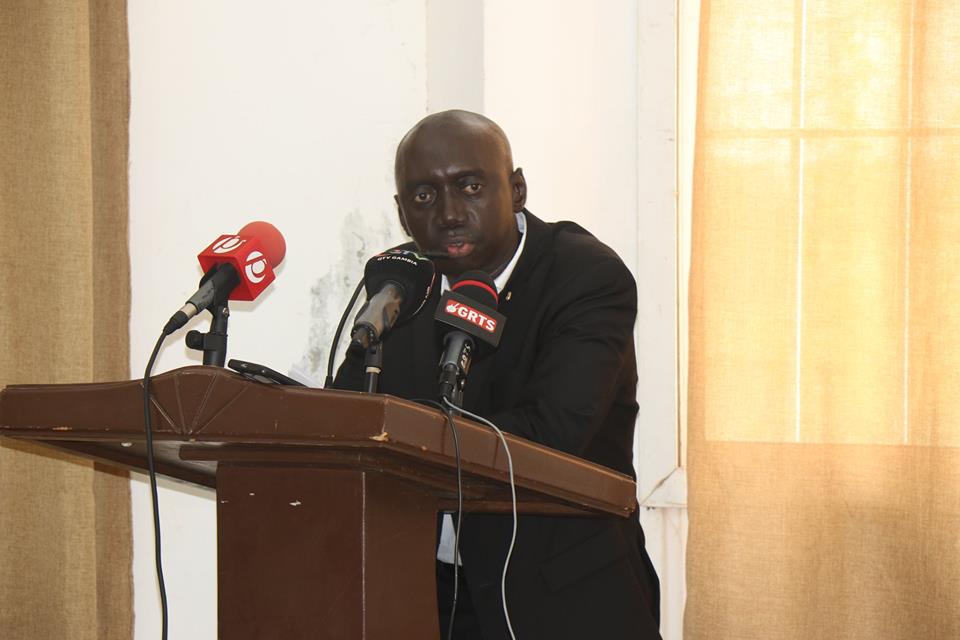By Musa S. Sheriff
The European Union Ambassador to The Gambia, Corrado Pampaloni, has revealed that the EU investment in the West African country in different sectors since 2017 has reached £500 million.
Ambassador Pampaloni disclosed this during a press conference organised at the end of a two-day visit of a delegation of six members of the European Parliament (MEPs) from the Committee on Foreign Affairs.
“From 2017 to now, the investment of the EU in the Gambia for the development but also to accompany the transition as it is one of the highest investments that we have done in the world, which is £500 million spread over from 2017 to now. There were much more pledges than what happened in terms of investments, but the pledge of the European Union has been highly maintained,” Ambassador Pampaloni said.
EU- Gambia relations unchanged
Also, speaking to journalists on the outcome of their meetings with government and National Assembly officials at the EU Delegation’s office, the head of the delegation and chairperson of the committee David McAllister, said: “Our partnership with The Gambia is highly valued and we see The Gambia as a solid and reliable partner. The EU has supported The Gambia from its very first hour of the democratic transition process starting in 2017 and our support, both financial and political to the ongoing consolidation of democracy, national reconciliation, and social economic developments, remains unchanged. Let me also underline that The Gambia is one of the countries that would benefit from the EU’s Global Gateway Project to improve the infrastructure along the Dakar-Abidjan corridor.”
During the visit, he added, the delegation also discussed four areas of mutual interest focusing on current regional geopolitical challenges and their cooperation within this context. “One prominent geopolitical issue as you are aware is the Russian aggression against Ukraine which has now been ongoing for more than one year. The battles are fought in Ukraine and the consequences are felt all around the world. The energy and food crises are the most evident and direct results felt strongly in African countries. In our meetings, we have discussed our shared understanding that Russia’s aggression against Ukraine is a blatant violation of the United Nations Charter and its international rule-based order. We made it clear that this war is a brutal attack on the most fundamental values and democratic principles and should be a matter of deep concern to all. Let me underline that I welcome the Gambia’s light-minded solidarity with Ukraine, including at the level of the United Nations,” McAllister said.
On regional dynamics in West Africa and the Sahel, McAllister said they have expressed concern about the threats to stability, security, and democracy that some countries in the region face and the profound regional and international consequences these challenges have.
He added that cooperation between the EU and Ecowas countries on matters of security, development, humanitarian and democracy support, and assistance for peace and security across the region are key in this matter. “We also discussed the progress that Gambia has already made and the steps it continues to undertake in the process of democratic consolidation.
We reiterate our support to The Gambia in its efforts towards implementing pending reforms that would help the country complete this important process. We encourage and we stand by the Gambia in achieving important milestones, namely, the long pending constitutional reform as well as the security sector reform,” he said.




